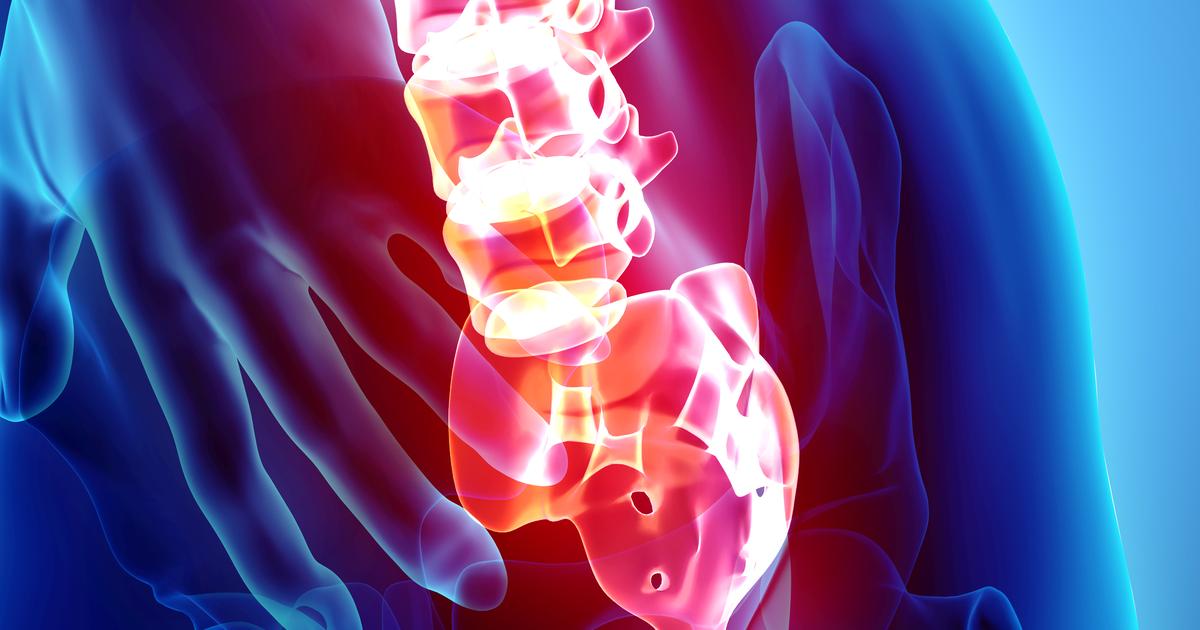Common Causes Of A Spinal Cord Injury
A spinal cord injury is an injury that causes damage to an individual's spinal cord. This damage results in a loss of overall function, which can include feeling, mobility, or both. Each year, around 17,500 individuals in the United States suffer a spinal cord injury. There are a variety of causes. Some involve traumatic impacts, while others are related to underlying medical conditions. Individuals can break their neck or back without injuring their spinal cord.
This occurs when the vertebrae are damaged, but the nerves making up the spinal cord remain intact. There are many types of spinal cord injuries. The way they affect the body varies depending on where the injury occurred, how complete it was, and other factors. Treatment and physical therapy make a huge difference in the outcome during recovery.
Blow To The Spine

A blow to the spine can cause damage and loss of function to the spinal cord. Traumatic blows to the spine occur in a variety of different situations, one of the most common being a car accident. When an individual has sustained a potential back injury, it's important to stabilize them and keep them from moving. Paramedics will typically secure the patient to a stiff board to make sure the injury isn't made worse. Individuals should always get emergency medical care if they believe a blow to the spine might have caused a broken back or spinal cord injury.
Trauma-related spinal cord injuries occur if a blow causes one or more vertebrae to be suddenly crushed, compressed, dislocated, or fractured. This leads to spinal cord damage, though the exact level of damage will vary depending on the injury. In addition to blows, knife wounds and gunshots that penetrate the spinal cord can cause trauma-related spinal cord injuries. Immediate treatment is integral to the prognosis because further damage can occur if the swelling, inflammation, and possible bleeding aren't controlled.
Arthritis

There are over one hundred different types of arthritis, and not all of them will cause a spinal cord injury. If the injury is arthritis-related, it's typically because arthritis was present in the spine. Spinal arthritis causes the discs and joints in the patient's lower back and neck to degenerate. Many patients first experience symptoms as pain and stiffness in the back and neck. If the condition isn't treated or reaches a severe enough level despite treatment, it can cause damage to the spinal cord.
It can also cause patients to experience numbness or weakness in the arms and legs, and some experience impairment in bladder and bowel function. Most spinal arthritis patients develop it gradually as they age. However, some younger individuals with cartilage-related genetic defects or a healing back injury may also develop it. Under the age of forty-five, spinal arthritis is most commonly seen in men, but after this age, women are more likely to be diagnosed.
Inflammation

Inflammation alone won't typically lead to a spinal cord injury if there hasn't been damage to the structures in the back, though it can make these injuries worse. Individuals who experience chronic inflammation are unlikely to develop a spinal cord injury unless they also have degenerative back issues or a traumatic injury. However, inflammation can make a spinal cord injury much worse following the initial trauma. Because of this, emergency medical intervention is vital. Even if individuals don't think the injury was significant enough to cause damage, they might notice an increased loss of function over hours as their body becomes swollen and inflamed.
Inflammation is a natural reaction to a spinal cord injury. The inflammatory process can cause further destruction to the glial and neuronal cells within the spinal cord, which expands the damage. This can cause more severe paralysis, paralysis of more parts of the body, or loss of feeling where there previously was none. Immediately after the injury, doctors will typically take steps to control the inflammation and swelling to try to reduce overall damage.
Disk Degeneration

As with other medical conditions that cause damage to the spine, disk degeneration (degenerative disk disease) can lead to a spinal cord injury. This occurs when natural changes within the spinal disks lead to pain. These disks function like shock absorbers that keep the vertebrae from rubbing against each other. They are vital to the flexibility of an individual's back, allowing them to twist and bend in multiple directions. During the aging process, the disks tend to wear down. They might start to break down and fail to work as well, leading to decreased mobility and increased pain.
The disease can be caused by a few different changes to the spinal disks. After birth, the spinal disks are mainly made of water. During the aging process, they become thinner and lose water, which impairs the shock-absorbing ability and cushioning. The older an individual gets, the more issues they may experience. In addition, the outer shell of the disks might crack due to the stress from minor injuries and everyday movements built up over the years.
Cancer

Certain types of cancer can lead to a spinal cord injury. The most common reason is because the cancer has either begun in the spine or spread there. Tumors may occur in the spinal cord and lead to injury, or they may affect other structures within the spine. There have been many advances in cancer treatment over the past few decades that increase the quality of life and improve the prognosis of patients with spinal tumors.
Tumor-related spinal cord injuries can be complicated to treat. Some patients may be able to have the tumor removed through surgery, but the risks might outweigh the benefits for others. There are also some cases where surgery is literally impossible. Treating the inflammation and swelling of a spinal cord injury may be complicated when it's caused by cancer. If the cancer is advanced enough to lead to a spinal cord injury, the prognosis isn't often good.
